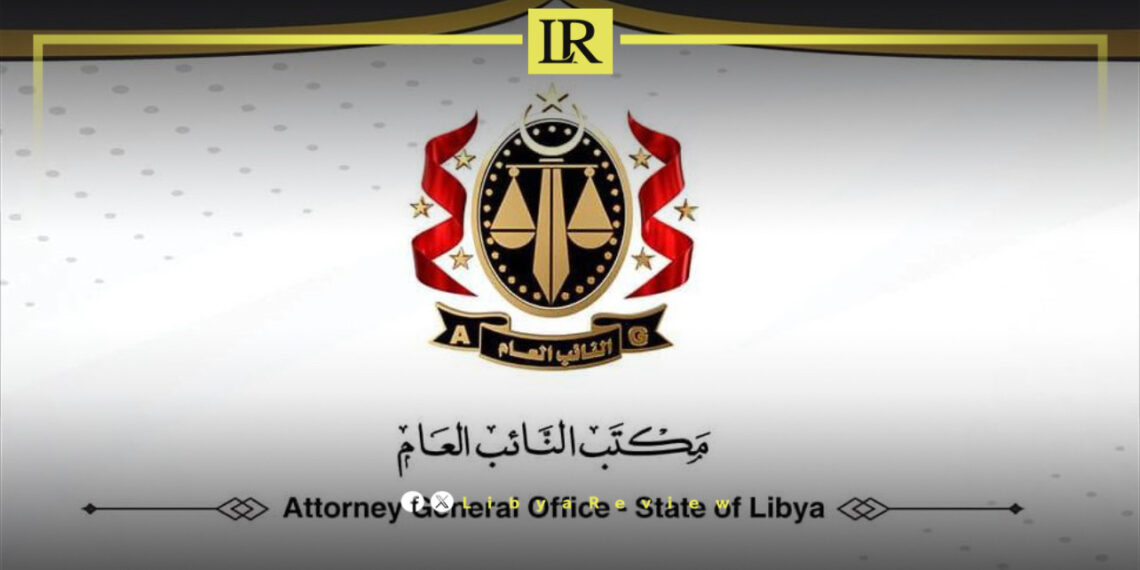The Libyan Attorney General’s Office has announced the arrest of a suspect involved in killings and forced evictions in the city of Al-Ajaylat. The arrest follows years of pursuit.
A statement from the Attorney General’s Office on Tuesday detailed that the arrested individual is accused of multiple crimes. These include murder, forced displacement, arson in several homes, and armed robbery of the Al-Wahda Bank branch in Al-Ajaylat.
The statement added that judicial officers apprehended the suspect, identified as H.A.A., after years of being on the run. The suspect has been handed over to the Judicial Affairs Unit of the Prosecutor’s Office, preparing for his presentation to the Deputy Prosecutor.
Libya has been in chaos since a NATO-backed uprising toppled longtime leader Muammar Gaddafi in 2011. The county has for years been split between rival administrations.
Libya’s economy, heavily reliant on oil, has suffered due to the ongoing conflict. The instability has led to fluctuations in oil production and prices, impacting the global oil market and Libya’s economy.
The conflict has led to a significant humanitarian crisis in Libya, with thousands of people killed, and many more displaced. Migrants and refugees using Libya as a transit point to Europe have also faced dire conditions.
The planned elections for December 2021 were delayed due to disagreements over election laws and the eligibility of certain candidates. This delay has raised concerns about the feasibility of a peaceful political transition.
Despite the ceasefire, security remains a significant concern with sporadic fighting and the presence of mercenaries and foreign fighters. The unification of the military and the removal of foreign forces are crucial challenges.
Libya ranked fourth in the Arab world, and twenty in the world, among the countries with the highest levels of organised crime, according to the report of the Global Initiative to Combat Crime (GLOBAL INITIATIVE).
In its latest report on Libya, the foundation based its indicators on several factors, most notably human trafficking, money laundering, drug trafficking, crimes related to animal and plant life, human smuggling, and arms trade.
According to the report, Libya ranked last in the world in terms of the degree of resilience against organised crime. This reflects the inability of the state to confront the scourge of crime.
Murder has been a weekly occurrence, throughout the country. The number of extrajudicial killings in 2022 has surpassed 173 people. This is especially due to the proliferation of weapons and the inability of the security services to monopolise the possession of weapons.


